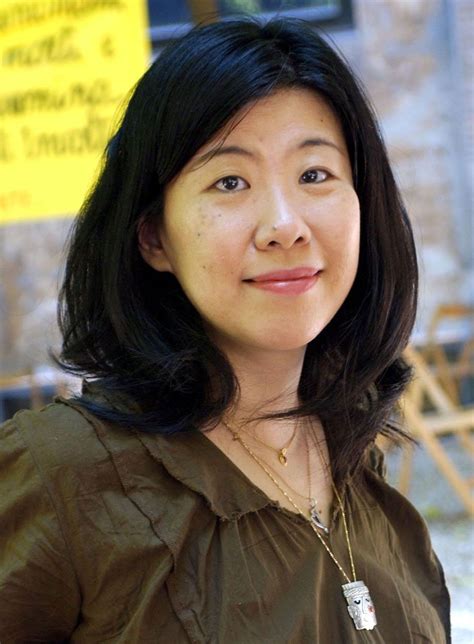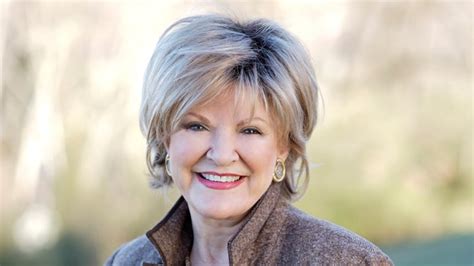A Quote by Carole Maso
The future will be gorgeous and reckless, and words, those luminous charms, will set us free again.
Related Quotes
Those who will repent and forsake sin will find that His merciful arm is outstretched still. Those who listen to and heed His words and the words of His chosen servants will find peace and understanding even in the midst of great heartache and sorrow. The result of His sacrifice is to free us from the effects of sin, that all may have guilt erased and feel hope.
As for freedom, it will soon cease to exist in any shape or form. Living will depend upon absolute obedience to a strict set of arrangements, which it will no longer be possible to transgress. The air traveler is not free. In the future, life's passengers will be even less so: they will travel through their lives fastened to their (corporate) seats.
We have become the new american slaves: but there is a revolution coming. It is a revolution of individual liberty. It will free us without violence. It will begin with the self. It will spread to the workplace. It will turn our corporate masters into our servants. It will free us of government's tyranny. The revolution will spread to all corners of the nation, and at last, we shall be free.
Heavy as they are, the costs of action must be weighed against the price of inaction. If Saddam defies the world and we fail to respond, we will face a far greater threat in the future. Saddam will strike again at his neighbors; he will make war on his own people. And mark my words, he will develop weapons of mass destruction. He will deploy them, and he will use them.
When we can't hold back, or set boundaries, on what comes from our lips, our words are in charge-not us. But we are still responsible for those words. Our words do not come from somewhere outside of us, as if we were a ventriloquist's dummy. They are the product of our hearts. Our saying, "I didn't mean that," is probably better translated, "I didn't want you to know I thought that about you." We need to take responsibility for our words. "But I tell you that men will have to give account on the day of judgment for every careless word they have spoken" (Matt. 12:36).
In the future, women will have breasts all over. In the future, it will be a relief to find a place without culture. In the future, plates of food will have names and titles. In the future, we will all drive standing up. In the future, love will be taught on television and by listening to pop songs.
The love of God again makes us free, for it draws us to set a low value on those things wherein we are subject to others - our wealth, our position, our reputation, and our life - and to set a high value on those things which no man can take from us - our integrity, our righteousness, our love for all men, and our communion with God.
At the end of history the whole earth has become the Garden of God again. Death and decay and suffering are gone. . . . Jesus will make the world our perfect home again. We will no longer be living 'east of Eden,' always wandering and never arriving. We will come, and the father will meet us and embrace us, and we will be brought into the feast.
We do not look for reason for logic in the passionate entreaties of those who are sick unto death; we are stung with the recollection of a thousand slighted opportunities of fulfilling the wishes of those who will soon pass away from among us: and do they ask us for the future happiness of our lives, we lay it at their feet, and will it away from us.
The lesson, I suppose, is that none of us have much control over how we will be remembered. Every life is an amalgam, and it is impossible to know what moments, what foibles, what charms will come to define us once we're gone. All we can do is live our lives fully, be authentically ourselves and trust that the right things about us, the best and most fitting things, will echo in the memories of us that endure.
Similarly, knowledge of the future was incompatible with free will. What made it possible for me to exercise freedom of choice also made it impossible for me to know the future. Conversely, now that I know the future, I would never act contrary to that future, including telling others what I know: those who know the future don't talk about it. Those who've read the Book of Ages never admit to it.
Each of us will have our own Fridays—those days when the universe itself seems shattered and the shards of our world lie littered about us in pieces. We all will experience those broken times when it seems we can never be put together again. We will all have our Fridays. But I testify to you in the name of the One who conquered death—Sunday will come. In the darkness of our sorrow, Sunday will come. No matter our desperation, no matter our grief, Sunday will come. In this life or the next, Sunday will come.







































